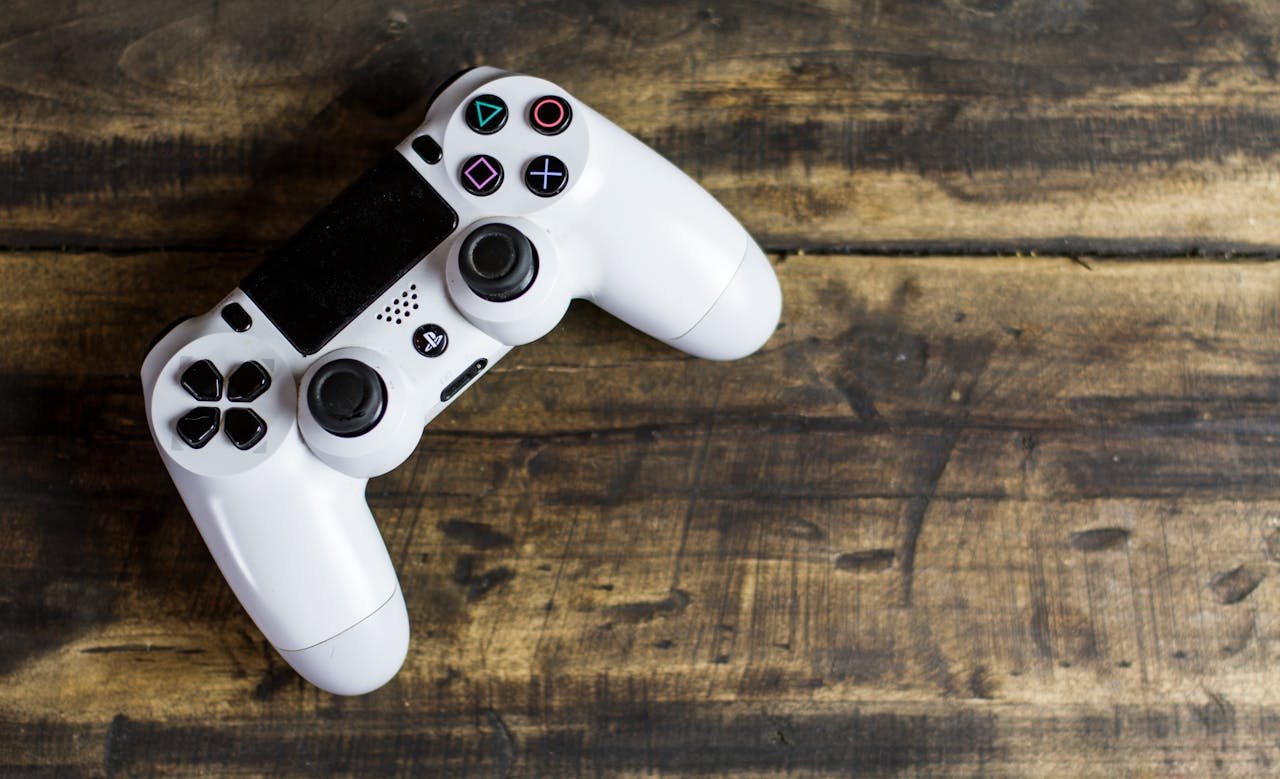A new study, published in Nature Human Behaviour, has uncovered surprising evidence that playing video games can actually improve mental well-being, a finding that challenges some traditional views about gaming. Conducted in Japan between 2020 and 2022, the research focused on understanding how engagement with video games affects mental health, particularly during the COVID-19 pandemic.
The study used a natural experiment where participants won Nintendo Switch or PlayStation 5 (PS5) consoles through a lottery. This approach allowed researchers to observe the effects of owning and playing these consoles on individuals aged 10 to 69. The timing of the study, amid the pandemic, provided a unique opportunity to assess how video gaming impacted mental health during a period of widespread stress and limited social interactions.
Results from the study showed that having a Switch or PS5 positively influenced mental well-being. Participants who received these consoles reported improvements in psychological health and life satisfaction. Notably, the Nintendo Switch was associated with greater psychological benefits compared to the PS5. The study also found that while gaming for up to three hours a day had positive effects, longer gaming sessions did not continue to enhance well-being and could even diminish the benefits.
This research adds a new dimension to our understanding of video gaming. Although earlier studies had suggested that gaming could be linked to poorer mental health, this study’s findings offer a more nuanced view. The improvements in life satisfaction and psychological health among those who received gaming consoles suggest that gaming, when moderated and engaged with positively, can contribute to better mental health.
The study also highlighted that the impact of gaming varied based on socioeconomic factors such as age, gender, and family dynamics. For instance, younger users of the PS5 experienced less pronounced benefits compared to those who used the Switch, which is often played with others. These insights reveal that the effects of video gaming on mental health are influenced by how and with whom people game.
However, the study acknowledges some limitations. The data were collected during a period of intense global stress, which may have influenced the results. Additionally, the generalizability of the findings could be affected by factors like survey non-responses and the specific lottery-based method used to distribute the consoles.
Overall, this study provides compelling evidence that video gaming can have a positive impact on mental well-being, especially during challenging times like the COVID-19 pandemic. It highlights the potential benefits of gaming when balanced with other aspects of life and points to the importance of considering individual differences in future research and policy-making.
Citation(s):
Egami, H., Rahman, M.S., Yamamoto, T. et al. Causal effect of video gaming on mental well-being in Japan 2020–2022. Nat Hum Behav (2024). https://doi.org/10.1038/s41562-024-01948-y



